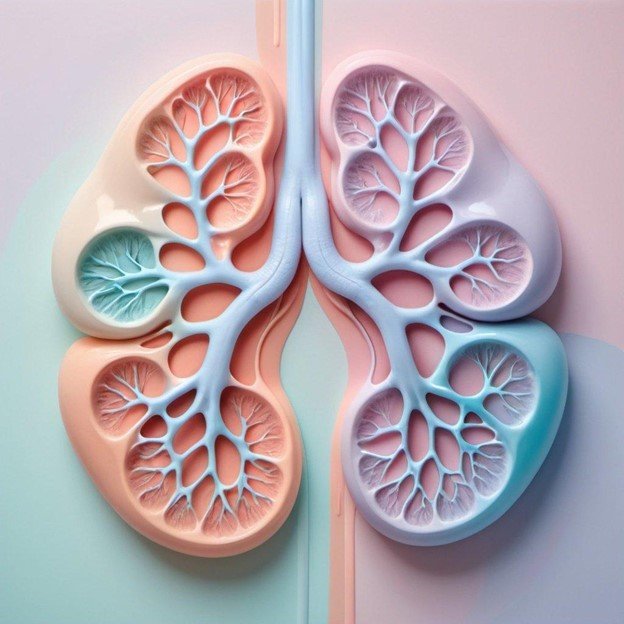Understanding the Role of Nephrologist in Lucknow Healthcare Landscape
Have you ever wondered who the unsung heroes are in our healthcare system? Here is the Best Nephrologist in Lucknow.The ones who work tirelessly behind the scenes, making sure our bodies function optimally? Well, look no further than nephrologists – the kidney specialists who play a crucial role in Lucknow healthcare landscape. In this article, we’ll dive deep into their world, exploring their significance, expertise, and impact on our well-being. Table of Contents Sr Headings 1. What is Nephrology? 2. Why Do We Need Nephrologists? 3. The Journey to Becoming a Nephrologist 4. Role of Nephrologists in Lucknow Health System 5. Common Kidney Conditions 6. Diagnosis and Treatment 7. Importance of Early Intervention 8. Collaborative Care 9. Lifestyle Recommendations 10. The Future of Nephrology What is Nephrology? Nephrology is the branch of medicine dedicated to the study and treatment of kidney-related conditions. From kidney diseases to hypertension and electrolyte imbalances, nephrologists are experts in maintaining kidney health. Why Do We Need Nephrologists? Our kidneys are vital organs responsible for filtering waste products from our blood and regulating fluid balance. Without proper functioning kidneys, our bodies can face severe health complications. Nephrologists specialize in diagnosing and treating kidney disorders, ensuring our kidneys function optimally. The Journey to Becoming a Nephrologist Becoming a nephrologist is no easy feat. It requires years of rigorous education, including medical school, residency, and fellowship training specifically in nephrology. This extensive training equips nephrologists with the knowledge and skills needed to tackle complex kidney issues. Role of Nephrologists in Lucknow Health System In Lucknow, nephrologists play a pivotal role in the healthcare system. They collaborate with other healthcare professionals to provide comprehensive care to patients with kidney-related ailments. From diagnosis to treatment and long-term management, nephrologists ensure that patients receive personalized care tailored to their unique needs. Common Kidney Conditions Kidney conditions can range from acute infections to chronic diseases like diabetes and hypertension. Nephrologists are adept at diagnosing and managing these conditions, helping patients maintain optimal kidney function and overall health. Diagnosis and Treatment Nephrologists utilize a variety of diagnostic tools, including blood tests, urine analysis, and imaging studies, to assess kidney function and identify any abnormalities. Treatment options may include medication, lifestyle modifications, or in severe cases, dialysis or kidney transplantation. Importance of Early Intervention Early detection and intervention are crucial in managing kidney diseases effectively. Nephrologists emphasize regular screenings, especially for individuals at higher risk, such as those with diabetes or high blood pressure. Timely intervention can prevent or delay the progression of kidney disease and improve outcomes. Collaborative Care Nephrologists work closely with primary care physicians, specialists, nurses, and other healthcare professionals to provide holistic care to patients. This multidisciplinary approach ensures that all aspects of a patient’s health are addressed, leading to better outcomes and quality of life. Lifestyle Recommendations In addition to medical interventions, nephrologists often provide valuable guidance on lifestyle modifications to support kidney health. This may include dietary changes, exercise recommendations, and strategies to manage underlying conditions like diabetes and hypertension. The Future of Nephrology As medical technology advances and our understanding of kidney diseases grows, the field of nephrology continues to evolve. From innovative treatments to preventive strategies, nephrologists are at the forefront of shaping the future of kidney care, promising better outcomes for patients. Conclusion Nephrologists are the unsung heroes of Lucknow healthcare landscape, dedicated to ensuring the well-being of our kidneys and overall health. Their expertise, compassion, and commitment to excellence make them invaluable members of our healthcare team.
Understanding the Role of Nephrologist in Lucknow Healthcare Landscape Read More »










